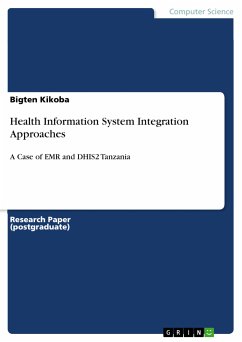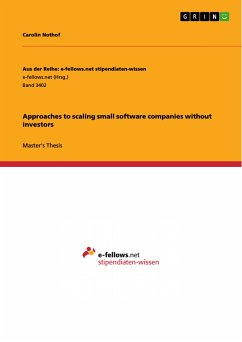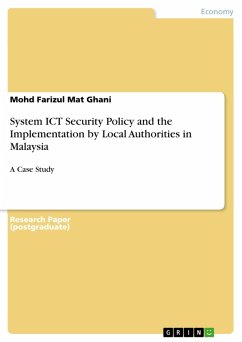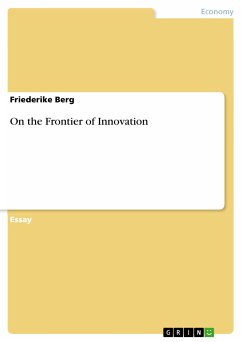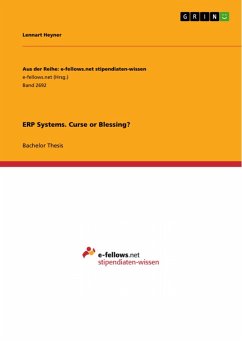Research Paper (postgraduate) from the year 2018 in the subject Information Management, grade: 5, University of Dodoma, language: English, abstract: Information and Communication Technologies (ICTs) have made significant impact on healthcare industry in the globe. Its adoption and use, has transformed the way healthcare services are delivered and monitored. Influenced by this transformation, MOHCDGE have formulated an eHealth Strategy 2013-2018 to manage these massive shifts from traditional HMIS to electronic means. The strategy highlights the important aspect to consider when automating health facilities. One of the key areas targeted for transformation is the use of ICT to make health facilities more effective and efficient. However, health information Systems (HIS) in developing countries have been characterized as fragmented, with a number of subsystem operating independently. The fragmentation nature of health systems has been with other factors due existing of multiple initiative to computerize healthcare systems, each initiative serving its own data need goals. Therefore, integration is in essence an initiative to rectify fragmentation. Integration of health care information systems have been ongoing efforts to strengthening quality of care by ensuring proper management of healthcare resources through information-based management system. Due to fragmentation nature of HIS, various efforts have been employed to ensure coherent and standardized HMIS. With respect to Health Information Systems, integration refers to the act of bringing data and systems together from disparate subsystems to be viewed as one in a certain perspective. As per Park, (2004) integration combine together the data and process of sub-systems into one system, and dealing with aggregation of subsystems cooperating so that the system is able to deliver the overarching functionality and ensure that sub-systems function together as a whole system. In HIS, integration further looking on the processes and routine to capture, process and analyses wide range of data, for both patient and aggregate across different health programs to be used by policy maker and healthcare providers for planning, resource allocation and decision-making purposes. HIS Integration does not only imply computer systems, some integration is paper based reporting system to electronic systems. This paper reviews some integration approach used in health information systems, drawing literature experiences form developing countries.
Dieser Download kann aus rechtlichen Gründen nur mit Rechnungsadresse in A, B, BG, CY, CZ, D, DK, EW, E, FIN, F, GR, HR, H, IRL, I, LT, L, LR, M, NL, PL, P, R, S, SLO, SK ausgeliefert werden.

